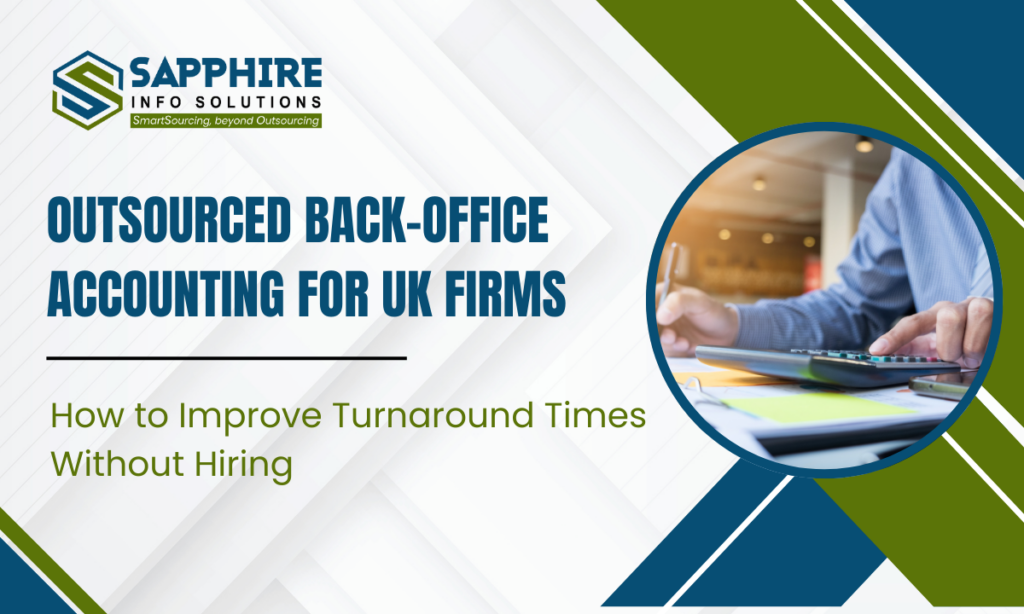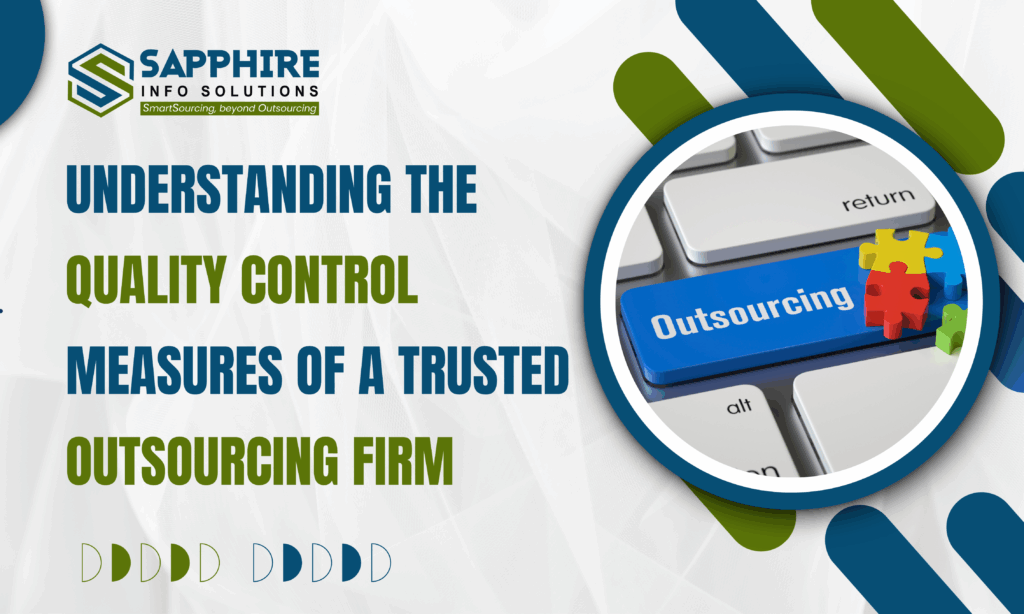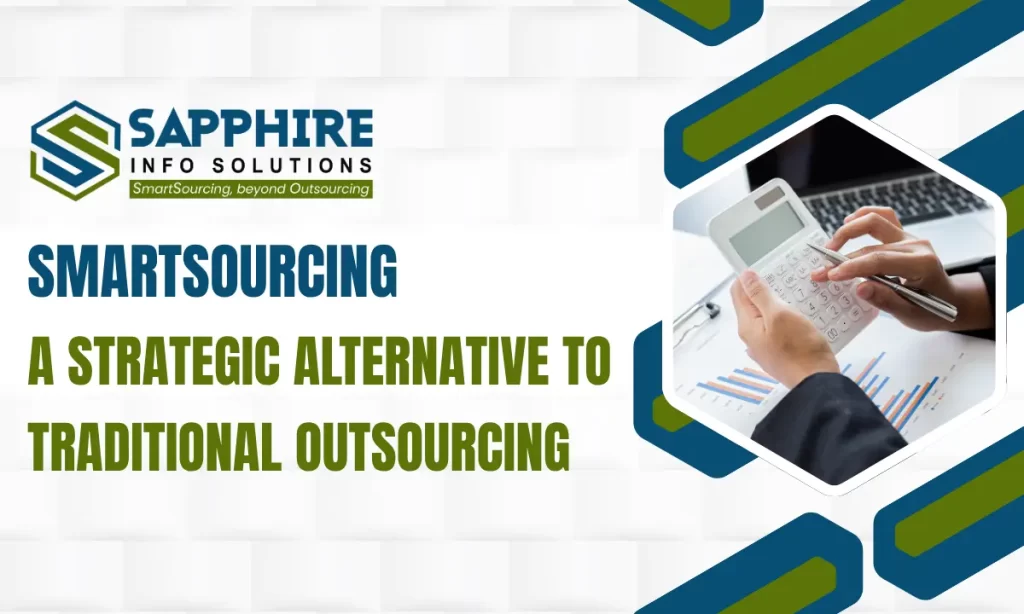For small & mid-sized accounting practices outsourcing their work can be quite a dilemma. There are quite a few issues which need to be considered & most of the time partners/owners are in dark about major factors to arrive at a proper decision.
Cost is not the only factor for making the decision as there are many other positive aspects which far outweigh cost & other considerations.
Basic Questions to be answered:
- Do you need to do your Bookkeeping & Accounts production in house?
- Will outsourcing bring negative effect on your business, your employees & your clients?
- Do you have in house talent to do all the work & the projected increase for the next 2-3 years?
- Have you accounted for increased resources required meet your growth targets?
- Whether incremental investments required for growth is justified in terms of comparable ROI?
- Did you account for any staff redundancy for next 2-3years?
Once you are able to answer these basic questions you will be in a better frame of mind to make a decision to outsource or not. You will need to consider all the answers to make an informed choice. Once you have done so, the next stage would be to decide on the vendor.
How To Make A Choice
Now comes the million-dollar question.
How would you choose a vendor to outsource your work? What should be the basic criteria for outsourcing?
As per my views there are five essentials for selecting an outsourcing partner.
- Take note of the qualification of directors, whether they have a UK qualification or work experience. Believe it or not a UK qualification is a great advantage. Check whether the staff has certifications in or is well versed in accounting software’s such as SAGE, IRIS, QUICBOOKS, CCH & XERO.
- Whether the outsourcing vendor has a UK dedicated set up or is it working with other countries as USA, EUROPE & AUSTRALIA too. The one, which has a UK set up, is going to be the most appropriate as keeping update with tax related changes in various territories is a huge task & no one can be reasonably up to the task. So if a vendor is concentrated more than 1-2 territories it has a better chance of having a grip on legislative changes in those geographies.
- Check for references & how long they have been in the market. A new entrant is a new entrant; you get some of the knowledge through work experience only.
- Check for TAT. i.e how quickly the vendor is enable to turn around the job.
- Check how much of their internal processes are documented & automated. Also see what is their level of operation on various technological platforms i.e. Cloud, VPN, RDP etc.
Apart from this you can also check if they are financially sound & have a secure platform to work on. What is the service level agreement & specifically check for security, confidentiality & indemnity clauses in it.
You also need to consider what type of work you need to outsource & what is the best managed in house. Normally you would need to send across various documents to your vendor for processing. Best choice is to send the works in one go, so that the job is not held up at vendor level for want of records. Those of your clients having work processing for more than a certain no. of hours i.e. says 7-10 are ideal for outsourcing. Any client which requires less than 2-3 hours work & with incomplete information to start with is a big no-no for outsourcing.

Cost v/s Benefit
Perceived costs put off most firms from outsourcing. They think it to be an additional operational cost & therefore being unnecessary to the business. However, in reality the savings can be quite considerable.
The savings include cost of additional resources you might need to employ to do the work & overheads associated with these. It can be an average of not less than 50% of the in-house cost.
The other major benefit form productive time savings of key persons of the operations. This can be better utilised to bring in additional revenue by meetings, networking & building relationship with clients. The time of key persons could also be utilised to explore the high end lucrative work such as tax investigations, estate planning etc.
If done properly outsourcing can benefit your practice.

















